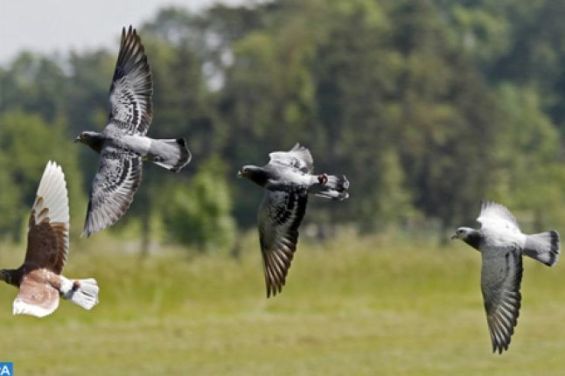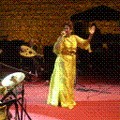On Thursday, October 3, the National Agency for Water and Forests (ANEF) and the Moroccan Royal Hunting Federation (FRMC) organized a study and awareness day in Kénitra to mark the opening of the hunting season. The event was held to promote the sustainable management of hunting resources and combat poaching. It was attended by hunters, associations, and representatives of the tourist hunting industry.
The meeting was marked by the signing of a research contract to «deepen knowledge of the Barbary partridge, an emblematic species, as part of repopulation and sustainable management efforts». Agreed between ANEF and FRMC, this initiative is intended by both parties to be «strategic», not only in support of biodiversity but also to guarantee «the sustainability of hunting resources for future generations».
In his speech at the meeting, ANEF Managing Director Abderrahim Houmy stressed «the crucial importance of preserving biodiversity and combating poaching». In this sense, the 2024-2025 hunting season will be marked by «a significant strengthening of control measures, in collaboration with local authorities, security services, and civil society». In this respect, he stressed that «poaching remains a persistent threat to Moroccan wildlife», hence the efforts to «intensify surveillance actions» throughout the country.
The study day also addressed the operational aspects of managing hunting activities. On this subject, Abderrahim Houmy announced that ANEF would be reinforcing its hunting police units, «to detect and punish offenses, while encouraging collaboration with hunting associations and tourist operators to report poaching».
As part of the same meeting, those present took part in five workshops co-hosted by ANEF, FRMC, and the Moroccan Association of Tourist Hunting and Fishing Organizers, on five themes: «Creating and managing hunting amodiations; safety in handling hunting weapons; training new hunters; organizing wild boar drives; tourist hunting in the Rabat-Salé-Kénitra region».
In its press release, the Agency indicated that these exchanges had enabled it to «put forward recommendations to improve hunting management, while promoting ethical and environmentally-friendly hunting». Indeed, this sector brings together almost 68,000 active hunters across leased areas covering more than 4 million hectares, spread over 1,600 lots.
According to the same source, «tourist hunting is a promising economic activity, with 124 companies operating in this field, generating annual sales estimated at 1 billion dirhams». Every year, «the tenants of hunting areas invest 60 million dirhams, 30% of which is allocated to preserving game species and improving hunting infrastructures», the source points out.




 chargement...
chargement...












